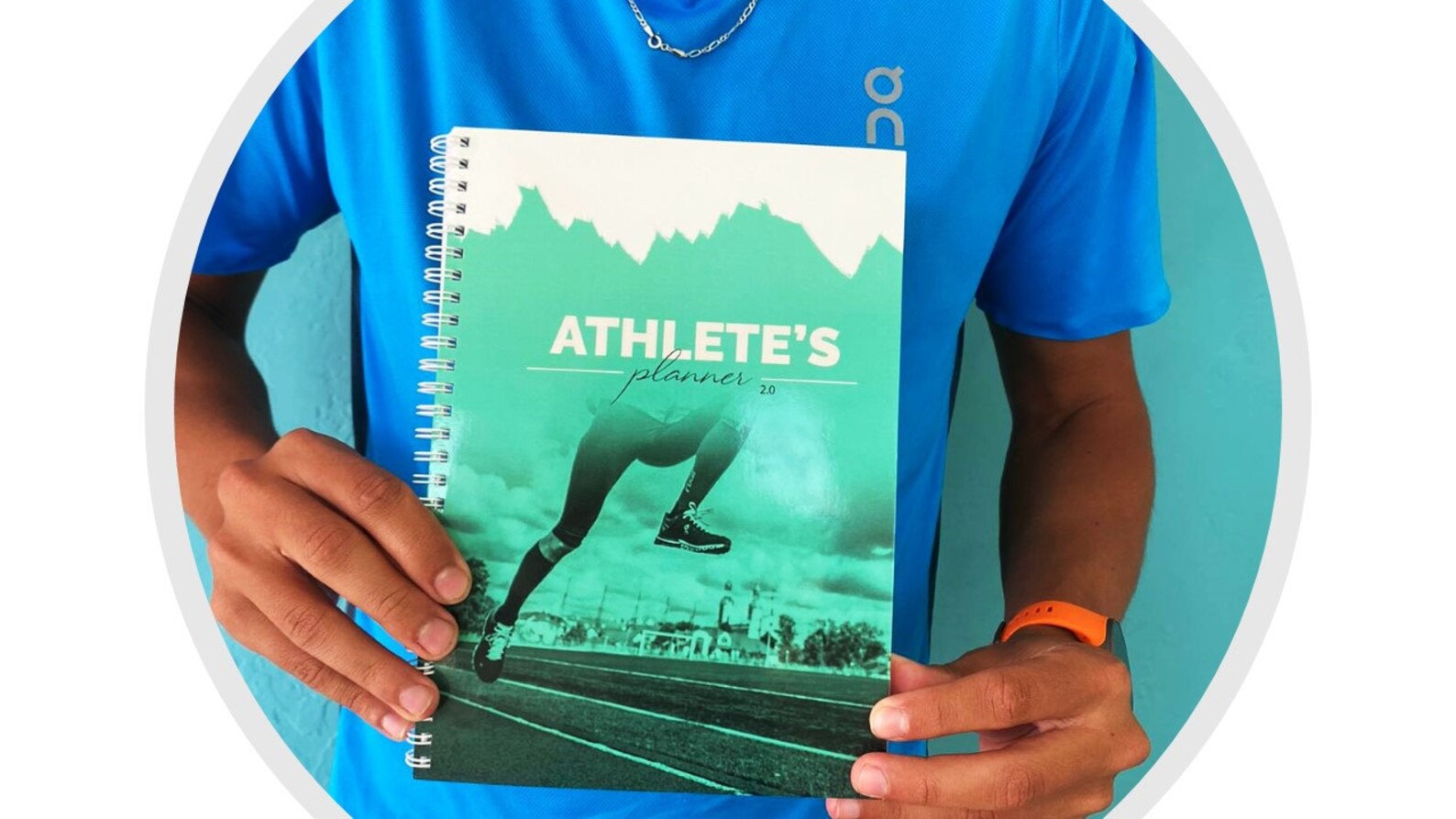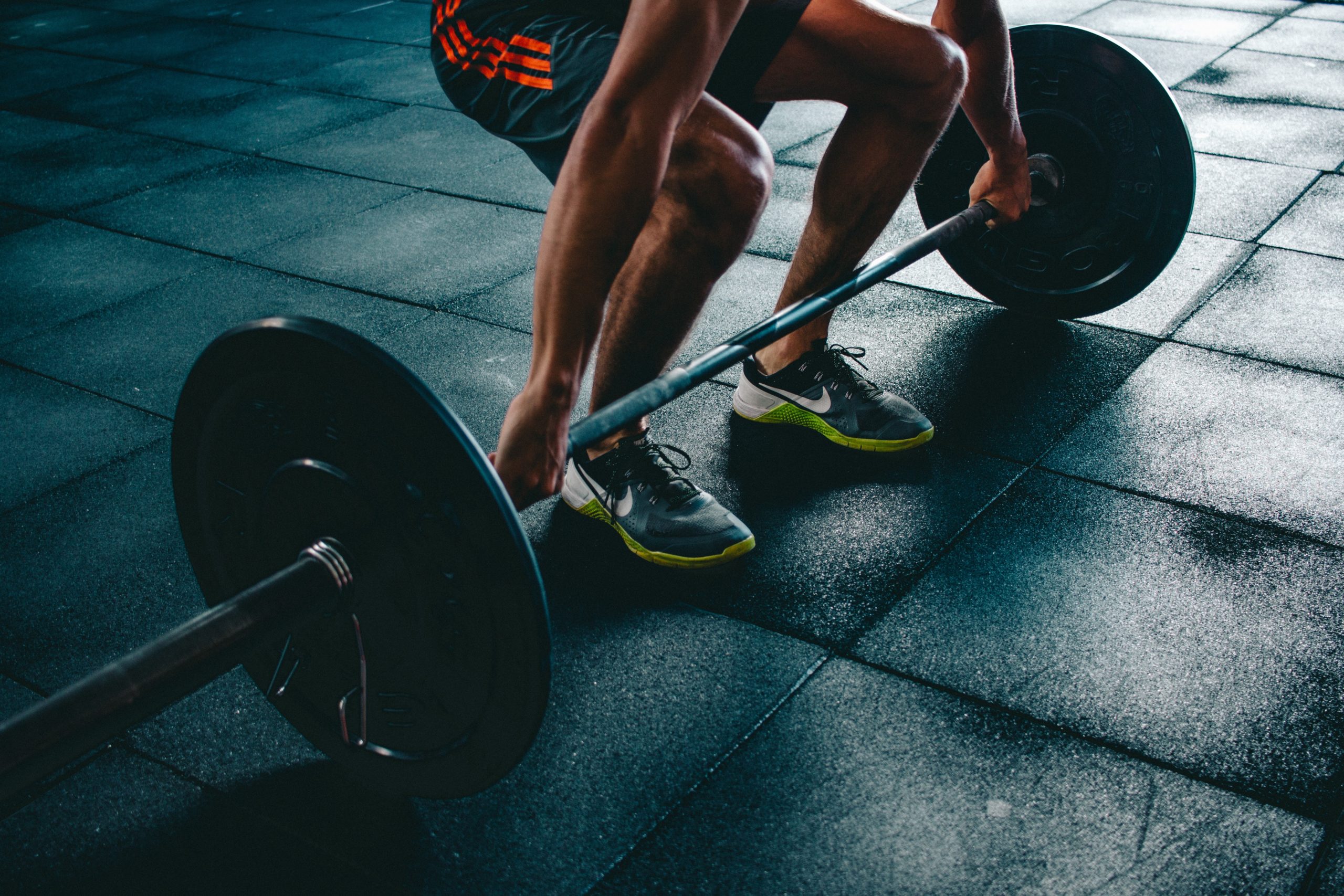Article Written By Taylor Valentine
Asst. Baseball Coach at Centre College
Only 6% of high school students go on to play a collegiate sport, according to the NCAA Recruiting Facts. To paint an even clearer picture as to how rare it is, out of 7,400,000 high school student-athletes, just 460,000 went on to play collegiately. Now, even though the percentage is quite low, this isn’t an article to turn you away from the challenge. If anything, we’re here to say the summer months are a perfect opportunity to prepare yourself for all of your college athletic aspirations.
Here are some training tips to follow if you or your child is an aspiring collegiate athlete:
Set a Schedule
Summer months can be challenging because there isn’t necessarily the same routine during the week of practices and games. Make a schedule for yourself that comprises select days for training, lifting, and conditioning. Depending on the sport that you play, you can even break up the days to focus on a select part of your game. If you are an aspiring soccer player one day you could dedicate towards technical work like dribbling, juggling, and attacking moves and another day could be shooting and finishing. By following a schedule, you can keep track of what you are doing throughout the summer and it will also prepare you for college athletics where each day is mapped out.
Keep a Training Log
Keeping a training log goes hand-in-hand with following a training schedule. A log allows you to set goals and keep an archive of everything you’ve accomplished over the summer. Most college coaches, if you’re being recruited, will want to know what your training looks like during the off-season. If you keep a notebook about your training marks, highs and lows, you can give the prospective coaches insight into your mindset around training and also show them how you are constantly working on improving your game.
Practice Discipline
The summer is a great time to practice discipline in ways you don’t necessarily think about during the regular school year. Because summer usually means school is out, club teams are on pause, and vacation time, use these months to be really committed to attaining certain training goals, staying healthy, and demonstrating self-control. Discipline can mean setting certain standards each week around practicing. Discipline can also mean making sure you are stretching and rolling out every day. Discipline is a huge part of being a college athlete, so the earlier you start, the more prepared you will be.
Incorporate Strength Training
Finding time during the regular season and months to focus on strength training can be challenging depending on your schedule or sport. Over the summer, pick a couple days every week to work on strength building movements. In college athletics, the athletes are only bigger, faster, and stronger, so focusing on strength ahead of college will give you a leg up.
Strength Training For Young Athletes Builds More Than Just Muscles
Seek instruction: Use a trained strength and conditioning coach who can recommend an appropriate program.
Warm up and cool down: Always start and end a workout with light aerobics and stretching.
Keep it light: If weights are available, just a single set of 12-15 repetitions can get the job done. Body weight exercises like push-ups will also create results.
Stress proper technique: Work with a coach or an experienced adult, and emphasize form over weight. Learning the right technique early is key to avoiding injuries.
Supervise: Always have an adult present to help.
Prioritize repetition
Repetition is the key to mastery, of truly anything. Because summer means a little more free time, it is the perfect opportunity to take advantage of the extra hours to repeat movements, skills, and techniques. Practice until it feels like second nature. A lot of regular seasons mean more time focused on tactics and overall team mechanics, so carving out moments during the summer to look at your own individual performance and skill sets will help prepare you. “The importance of repetition until automaticity cannot be overstated. Repetition is the key to learning.” – John Wooden
Finding a training partner
Individual or team sport, it’s always nice to surround yourself with like-minded people who have similar training goals. Finding a training partner will be an extra push when the summer months feel long and your training routine feels repetitive. If you can find a training partner who is also hoping to play collegiate sports, that’s even better because you both can challenge one another and prepare for the next phase.

Utilize video
Watch yourself! One way to get better is to observe yourself, even when you don’t want to. It can be as simple as propping your phone up when you are practicing in the backyard or having a friend or family member film you during a session. Study your movements, both good and bad. In college athletics, video sessions are integrated throughout the weeks. Getting comfortable with seeing yourself playing the sport and practicing will both mentally and physically prepare you for the long video sessions in college.
The off-season isn’t a time for an athlete to lounge around for several weeks or months. (That could be detrimental to their performance when the season starts up and put them at higher risk of injury.) The off-season is, however, the right time for young athletes to back off high-intensity, competitive play in their sport. During student-athlete off-season training, athletes can work on their technical skills at a lower intensity than during the season. The idea is to focus on improving fundamentals while also conditioning and building strength. By working on skills and overall athleticism during the off-season, young athletes are better prepared for the higher-intensity demands of the competitive season. With good student-athlete off-season training, young athletes can return to their sport even better.
Whenever social media and college athletic recruiting pop up in the news, the articles usually focus on recruits who have lost an offer or a scholarship because of their poor social media choices. However, social media when used properly, can be an effective recruiting tool. In fact, recruits can use the power of social media to contact coaches, show coaches what kind of recruit they are and even gain the attention of college coaches who weren’t previously recruiting them.




